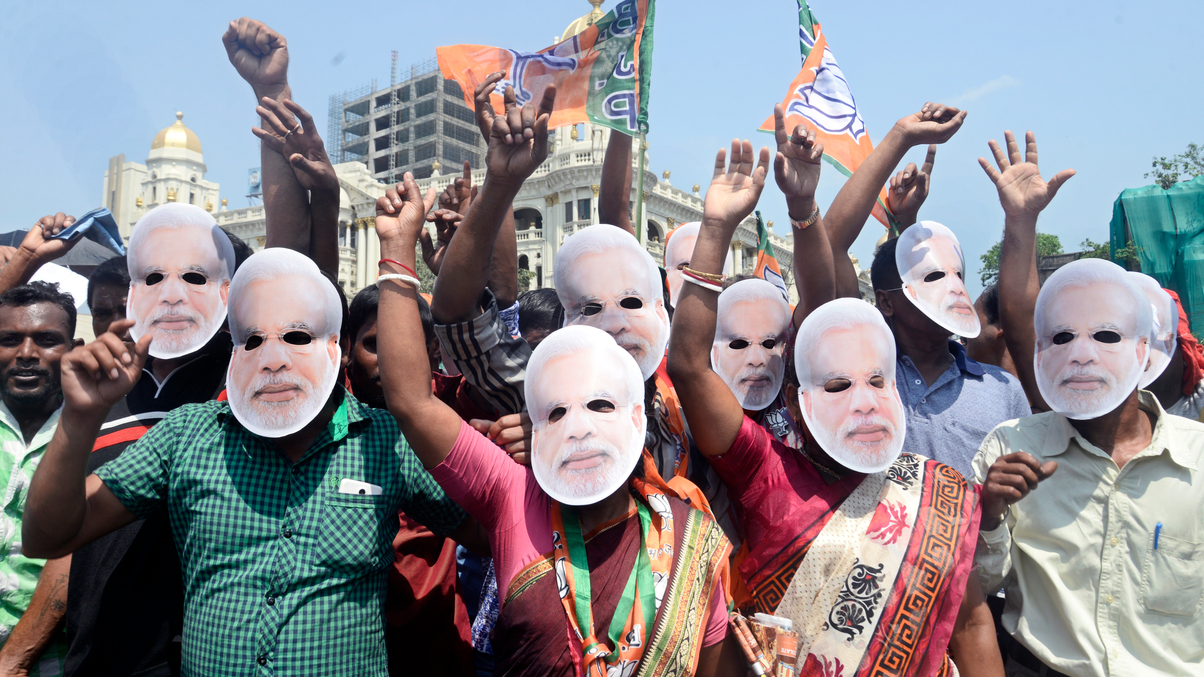Investors vary in reactions to India's election result
Initial indications from India's general election process indicate the NDA Alliance will gain a big majority in parliament. We got the latest reactions from fund houses and other experts.

The highly likely election victory of the BJP and its allies in the NDA alliance in India's general election with an improved share of parliamentary seats means prime minister Narendra Modi gets to enjoy another five years in power. It's a validation of his populist but also inflammatory and divisive approach to politics.
Throughout Thursday and Friday (May 23 and May 24) we gained the initial throughts from fund managers and investment executives at asset owners on the results, what they mean for India's markets and economy and what the government should focus on next in terms of reforms.
The below remarks are based on timeliness, with the uppermost the most recent received. All remarks have been edited for brevity and clarity.
Rob Secker, investment director
M&G Investments
“Since Modi swept to power in 2014 the Indian stock market has become more of a macro, than a micro, led market. Investors were drawn to the market due to Modi’s reform agenda and his clear majority gave him the ability to push through his plans to modernise India.
Sign in to read on!
Registered users get 2 free articles in 30 days.
Subscribers have full unlimited access to AsianInvestor
Not signed up? New users get 2 free articles per month, plus a 7-day unlimited free trial.
¬ Haymarket Media Limited. All rights reserved.


